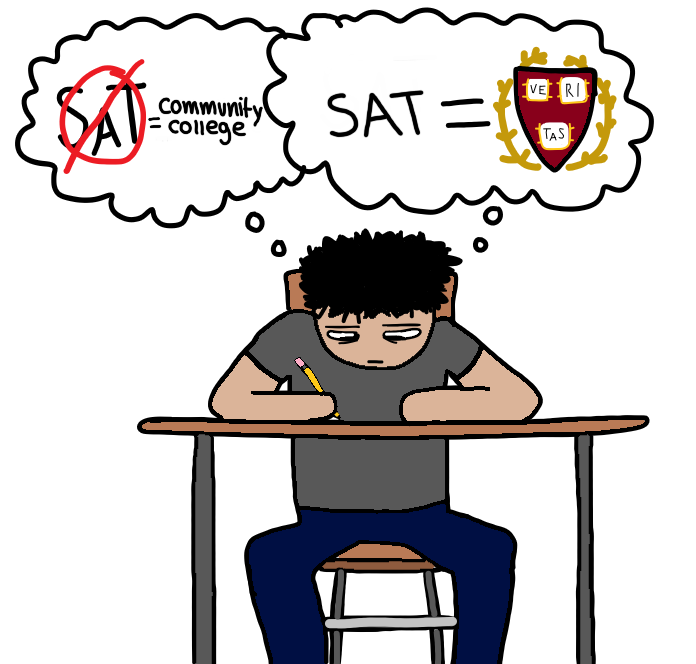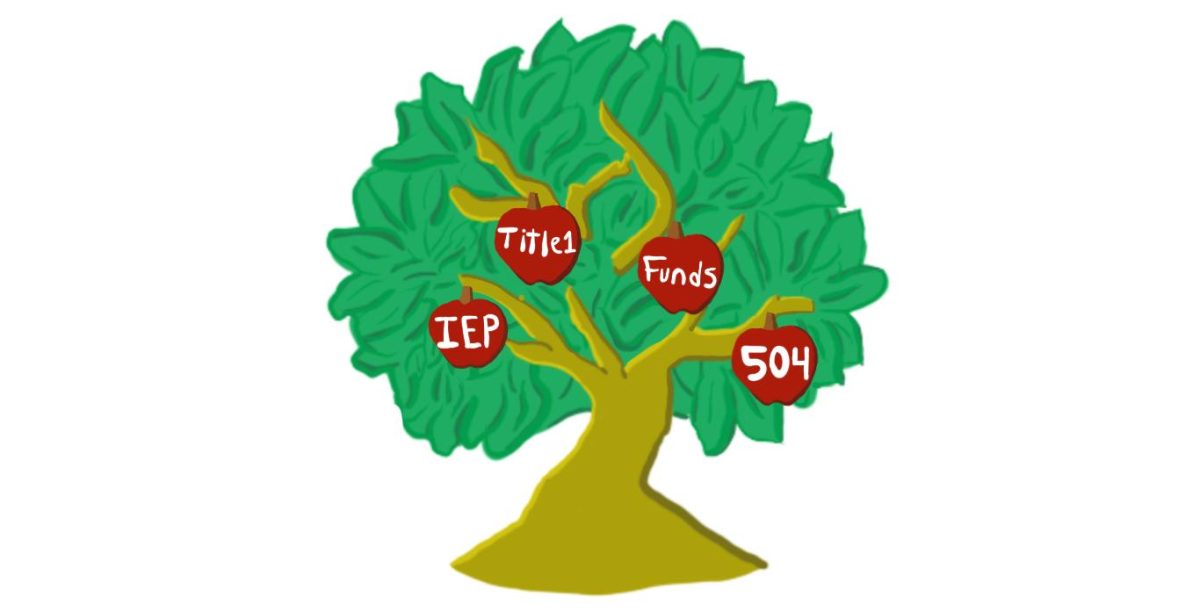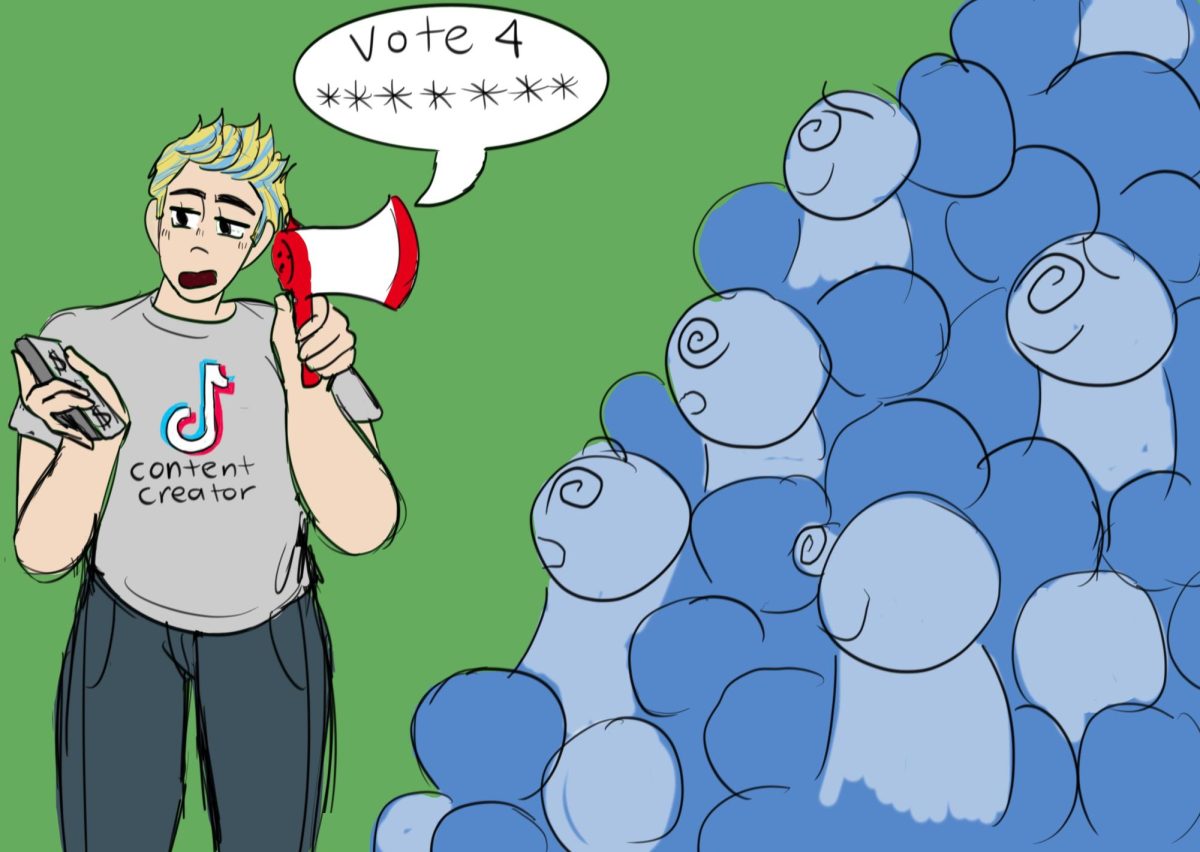On April 11, Harvard University announced that they would be bringing back the requirement of standardized testing as an admissions requirement for students applying for the class of 2029. Originally, the university was test-optional due to COVID-19 but is now returning to requiring the Standards Admissions Test (SAT) and American College Tests (ACT) to be submitted when applying. They also still accept other eligible exams, such as Advanced Placement (AP) and International Baccalaureate (IB) tests in some cases for certain students, according to the Dean of the Faculty of Arts and Science Hopi Hoekstra. However, tests like the SAT and ACT may not be accurate in defining how a student may perform from different backgrounds and should not be brought back as a requirement to apply to prestigious universities like Harvard.
Through this change, they explain how they hope to bring in “promising students” and identify these students with their test scores in order to support their education at Harvard. Hoekstra explains how these tests are a look into what students’ success in college could look like. However, many students applying to universities next school year may not be prepared to take these tests that are needed in order to apply.
According to Susan Svrluga in the Washington Post, many students who are currently enrolled at Harvard submitted their test scores while applying when it was optional. However, it may come as a surprise to future student applicants who did not plan on taking the SAT or ACT and therefore need to be prepared for this new requirement.
Many critics of the use of standardized tests argue that it can be a biased form of testing and evaluation of student ability as many students from higher-income families have more access to test preparation materials. Other students who do not have that access are at a disadvantage when it comes to taking these rigorous tests.
According to the New York Times, there is a large gap between the scores of “modest-income, Black and Hispanic students” and “White, Asian and upper-income students.” Data shows that students who took the test and were in the top 20 percent of how much their family earned were seven times more likely to score at least 1300 on the SAT compared to the bottom 20 percent of students who came from poorer families.
As the data continues to show students with even higher incomes, the percentage of students with that score continues to increase. This displays the inequality in education between high and low-income students. Harvard’s requirement for these tests can greatly affect the diversity of students from different backgrounds who attend the college in the future.
According to The Harvard Crimson, the Generational African American Students Association at Harvard University expressed their opinions on this change and what it means for the future equality of Harvard students. They explain how having the university as test-optional allowed for equal opportunities for students to get into prestigious schools like Harvard. With this change, it may also become a challenge for low-income and minority students to apply to the university in the future without the right preparation for tests like these.
These challenges are not the only thing many minorities and low-income students are facing while applying to Harvard. Many students faced similar circumstances when affirmative action was overruled on June 29, 2023. With the little warning given to the upcoming applying class of 2029, it leaves few opportunities for students to prepare and take these tests if they plan on applying to the university.








